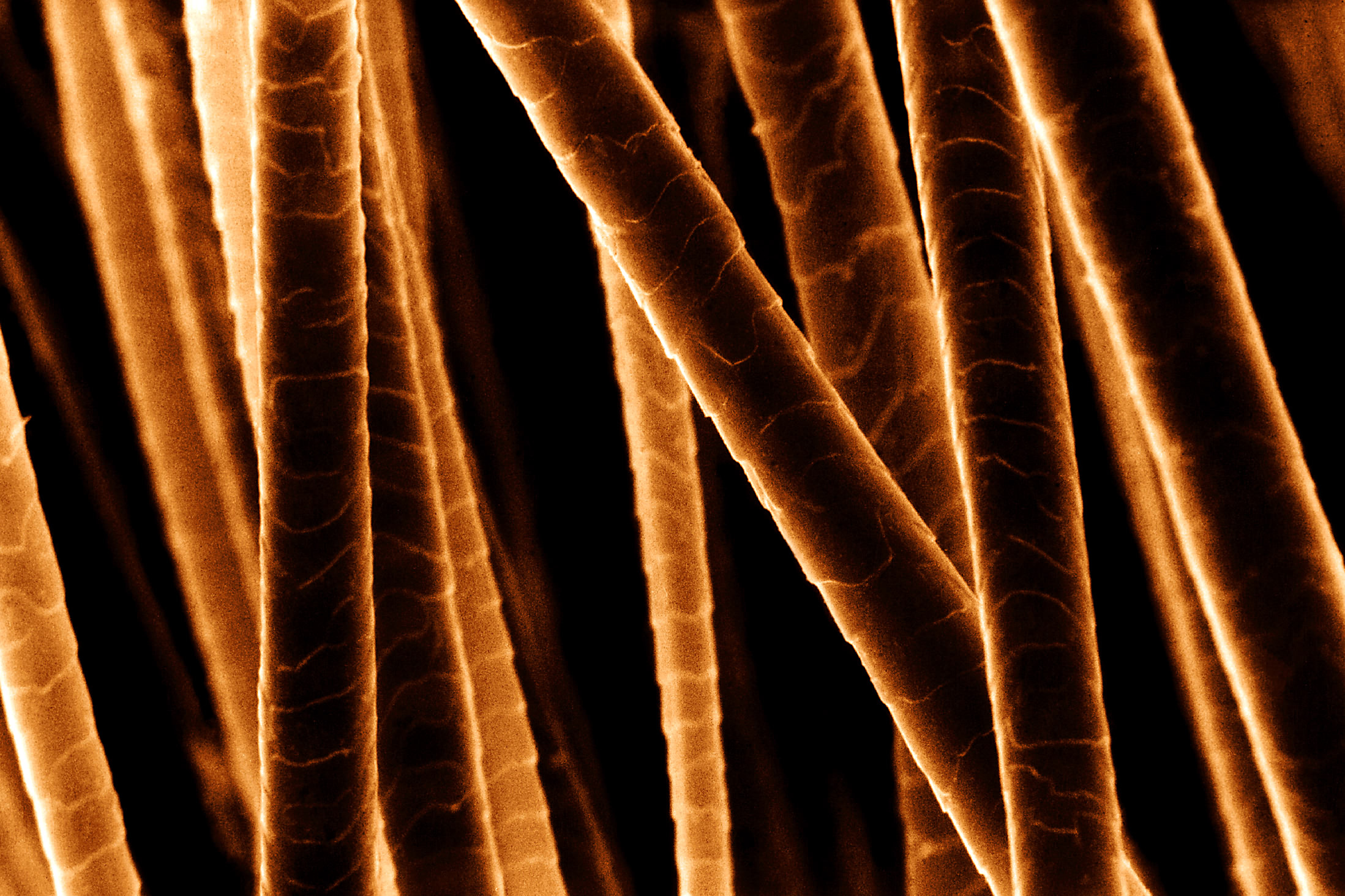
Anyone who starts losing their hair is familiar with the phenomenon: you used to have an enviously full head of hair in your teens, but the older you get, the more you see in the shower drain and on your brush, and the less remains on your head. It’s nearly a universal fact of nature among mammals of the furry type that with age, thick coats of hair start to thin out.
Scientists have known that the reason for that has to do with the aging hair follicles, where hair roots begin. But exactly why do the hair follicles start to fail?
In a report published in the journal Science, Japanese researchers provide a possible answer. Hair is renewed by stem cells that are able to theoretically continue dividing and making new hair follicle stem cells, but eventually, these stem cells too start to age and fall apart. Led by Emi Nishimura at Tokyo Medical and Dental University, the group found that wear and tear on the DNA of these hair follicle stem cells causes chemical changes that push the hair follicle away from growing new hair. In fact, the hair follicle starts to shrink, getting ever smaller and making it more difficult for a new hair to grow.
MORE: Male-Pattern Baldness Linked to Aggressive Prostate Cancer
Such shrinkage of organs is typical in many aging processes, but Nishimura’s shows how it happens in hair follicles. “Our research revealed that hair follicle stem cells change their fate to be eliminated from the skin in response to DNA damage,” he writes to TIME. The resultant depletion of stem cell pools miniaturization of these aged hair follicles.”
MORE: You Asked: Why Is My Hair Falling Out?
In other words, the hair follicles simply shrivel away over time, thanks to constant onslaughts in the form of sun damage, exposure to other chemicals and the aging process. Nishimura and his team found a chemical that triggers the shrinking process, and he says that in the future, it might be possible to slow or even the reverse the process by intervening before the hair follicle stem cells start to decline. That would indeed be a welcome development for anyone trying to hold onto every last hair.
More Must-Reads from TIME
- Cybersecurity Experts Are Sounding the Alarm on DOGE
- Meet the 2025 Women of the Year
- The Harsh Truth About Disability Inclusion
- Why Do More Young Adults Have Cancer?
- Colman Domingo Leads With Radical Love
- How to Get Better at Doing Things Alone
- Michelle Zauner Stares Down the Darkness
Contact us at letters@time.com